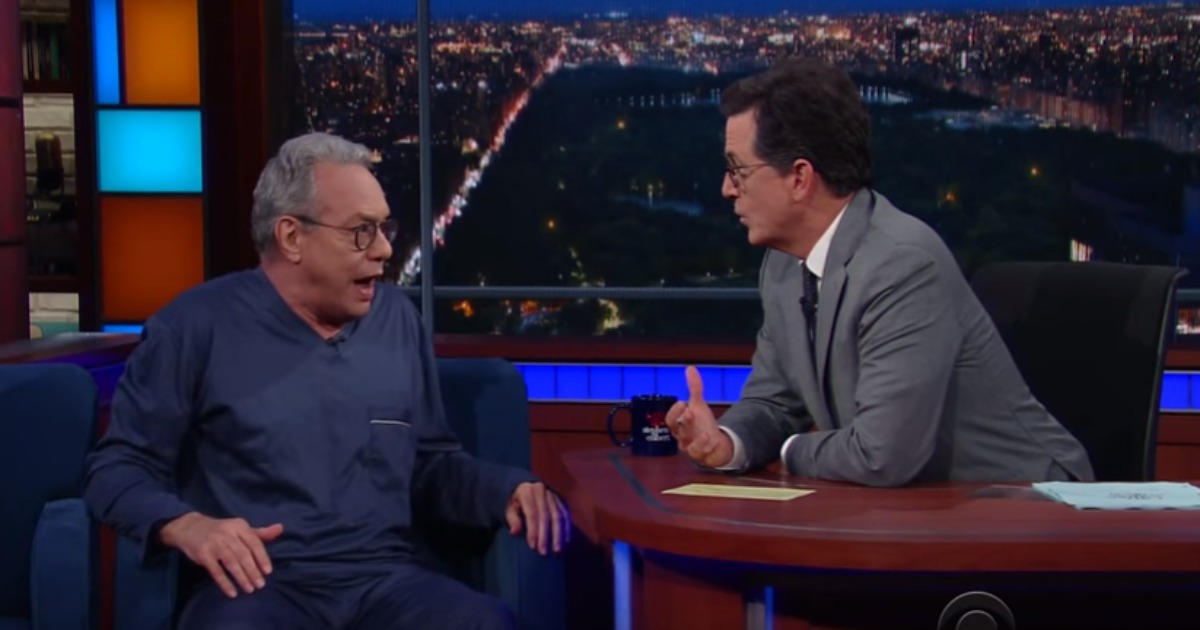Federal Budget cuts over the last decade are to blame for the lagging research and development of life-saving vaccines, including one for ebola, The Huffington Post reported. Leading researchers have noted this and agree that a vaccine would be available if not for slashed funds.
Dr. Francis Collins, head of the National Institutes of Health (NIH), has been vocal about the effect that budget cuts have had on vaccine research.
“NIH has been working on Ebola vaccines since 2001. It’s not like we suddenly woke up and thought, ‘Oh my gosh, we should have something ready here,’” said Collins. “Frankly, if we had not gone through our 10-year slide in research support, we probably would have had a vaccine in time for this [outbreak] that would’ve gone through clinical trials and would have been ready.”
According to the NIH’s 2010 – 2013 office budget, the organization’s budget has decreased by 23 years in the last 10 years and has seen no real increase. In fiscal 2004, the NIH budget $28.03 billion. Nine year later, the budget barely budged to $29.31 billion, and that increase was only adjusted to keep up with inflation.
The HuffPo noted that even with the Ebola outbreak, no special funds have been given to the NIH and the agency has resorted to reallocate existing funds from other areas and applied them to ebola research. This health and budgeting crisis has prompted lawmakers to introduce a bill that would increase the NIH budget by $46 billion in 2021. Republicans will surely try to block that bill.
Researchers at the NIH are now rushing to develop a working vaccine, run it through clinical trials, and have it available by the middle of next year.
Many people are in a state of panic after a Texas man contracted and carried the virus back to the United States. The people he was in contact with have been noted and addressed by health workers. Although ebola is a deadly disease, it is difficult to spread as one must come in direct contact with the bodily fluids of someone who has been infected.
According to Collins, if not for the cuts, NIH researchers would be “a year or two ahead of where we are.” If the Obama Administration can make executive actions to protect our environment, then it needs to find a way in the federal budget to boost the NIH budget enough to develop a vaccine for ebola to prevent spread here and in Africa.

